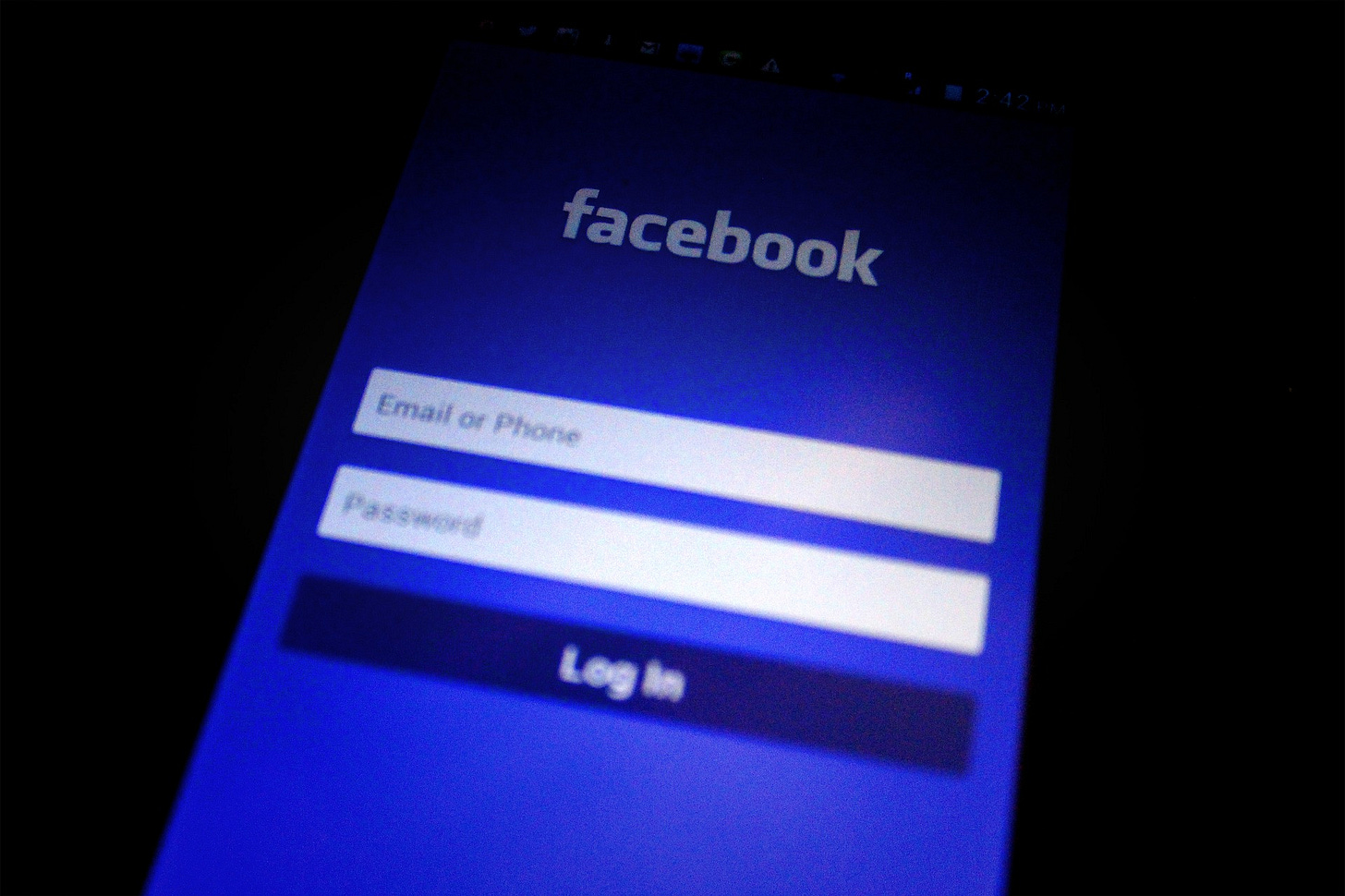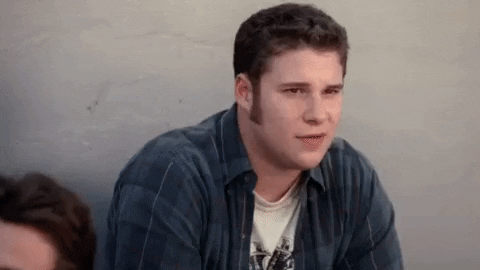
🎁🎁 My book, The Billionaire Boondoggle, is a great holiday gift! Order one from your local bookstore, or from your favorite online seller here. 🎁🎁
This is Boondoggle, the newsletter about corporations ripping off our states and cities. If you’re not currently a subscriber, please click the green button below to sign up. Thanks!
On Wednesday, attorneys general from 48 states and territories filed an antitrust case against Facebook, led by New York Attorney General Letitia James. The Federal Trade Commission also voted to initiate a case against Facebook.

The cases allege that Facebook used anticompetitive practices — including illegal mergers — to maintain its monopoly over social networking traffic. (Since its founding, Facebook has acquired more than 86 companies.) They ask the courts to reverse Facebook’s acquisitions of Instagram and WhatsApp and to prevent it from engaging in such predatory actions in the future.
Essentially, this is a clarion call to break up Facebook.
Facebook, as I laid out in this paper, causes several demonstrable harms in local communities and economies. I’ve written a lot about the way in which it leverages tax breaks and other giveaways from local lawmakers, hurting schools and undermining democracy.
But Facebook’s dominance is also really terrible for the news business, which is what I want to focus on today, since access — or lack thereof — to good local information is key for building strong local economies and democracies. By allowing Facebook’s social media empire to grow unchecked, regulators and antitrust enforcers allowed it to eat local news alive, giving Facebook the money and political power to push around your community.
According to the Save Journalism Project, 32,000 newsroom employees have been laid off in the last 10 years. 1,300 communities have lost local news coverage in the last 15 years. 60 percent of U.S. counties have no daily newspaper and 171 counties have no newspaper coverage at all. Those local papers that survived have skeleton staffs, with people covering areas and beats that are simply too large for any one person to cover well.
This occurred, in large part, because the money that used to sustain news publishers now goes to Facebook and Google.
Facebook’s business model is based on its reach, which numbers in the billions of people. Facebook properties account for 75 percent of user time on social networks. Facebook then uses that reach to sell advertising.
Facebook gained its network by promising privacy benefits that it never delivered and via those mergers the AGs and the FTC are focusing on. And now it benefits from what’s known as the “network effect.” Switching from Facebook to some other social media service is only useful if lots of other people do it too; that’s why every “delete Facebook” fad turns out to be just that.
Its vast size, along with its surveillance capabilities, enables Facebook to collect colossal amounts of personal data from both individuals and the publishers who post their content on their respective Facebook pages. It can then target users with personalized ads, in a way publishers simply can’t, because they don’t know anywhere near as much about who you are and what you do.
By one estimate, Facebook controls 50 percent of available display ad space online. Google and Facebook receive 60 percent of digital ad revenue, with Amazon and a smattering of companies accounting for another 15 percent. So every news publisher in the country is, at best, fighting over 25 percent of the digital ad market.
But in order to keep selling those ads, Facebook needs you to stay on Facebook. So its newsfeed is designed to serve up sensational and rumor-laden content that encourages users to keep coming back for more.
As I explained here, the constant inability of Facebook to keep misinformation and conspiracy theory nonsense off its platform isn’t a bug — it’s a feature. The more time you spend on Facebook going down rabbit holes about Antifa or whatever, the more money Facebook makes.
Facebook also uses publishers’ own audiences against them. As this paper explained, “Facebook also developed a format called Instant Articles (IA) that facilitates the fast loading of publisher pages on the Facebook Mobile App. Facebook passes along a portion of ad spend that appears alongside IA but Facebook captures the data, because the user is visiting a Facebook-cached page rather than a page residing on the original publisher’s server. In this way, Facebook captures both traffic and ad spend that might otherwise go to publishers.”
Newspapers like the New York Times that can put up a paywall and charge for subscriptions survive this just fine. But that hasn’t proved a sustainable model for local news. Readers are simply relying more and more on national sources, and less and less on local papers and local TV.
The decline in local news coverage is bad for communities for a bunch of reasons. Let’s start with democratic ones: Election turnout decreases in areas that lose newspapers, while fewer candidates run for office and incumbents win more often. Residents of areas with less local news coverage are less likely to know the name of their member of Congress, and those members aren’t as responsive to their districts. Voters in areas without a newspaper are also more politically polarized, focusing on national issues in which Team R versus Team D matters a lot more than it does on many local issues.
Lack of local news coverage also makes financing local projects more expensive. According to a 2018 study, municipalities that experience a newspaper closure have higher borrowing costs in the following years, with the average bond issue costing the municipality an extra $650,000. The shortage of local journalism led to the belief that officials will be worse stewards of the public dollar, so investors demanded higher interest rates.
There are tons of stories of local elections going haywire because the local news vacuum was filled by Facebook groups spreading nonsense. That vacuum is also increasingly filled by hyper-partisan websites pretending to be local news sites, many of which are explicitly pay-for-coverage — meaning politicians and corporations literally fund the “news” stories about themselves.
There’s no quick and easy fix for this problem. It will take a whole host of steps by officials at all levels of government, including changing Facebook’s advertising model. But the antitrust cases are a very good place to start.
Parts of this edition were adapted from my August report “Close to Home: How the Power of Facebook and Google Affects Local Communities,” which I hope you’ll click through and read.
ONE MORE THING: Some lawmakers in Michigan want to revive that states’s film tax credit, which was abolished in 2015. As I explained in this Twitter thread, Michigan’s first go-round was an expensive failure, and there’s little reason to think a sequel would be any better.
Thanks for reading this edition of Boondoggle. If you liked it, please take a moment to click the little heart under the headline or below. And forward it around to friends, family, or neighbors using the green buttons. Every click and share really helps.
If you don’t subscribe already and you’d like to sign up, just click below.
Finally, if you’d like to pick up a copy of my book, The Billionaire Boondoggle: How Our Politicians Let Corporations and Bigwigs Steal Our Money and Jobs, go here.
Thanks again!
— Pat Garofalo



